Sandeep Chachra, Anthropologist and Executive Director of ActionAid Association, the author is also Co-chair of the World Urban Campaign of the UNHABITAT.
(Views are personal and do not necessarily reflect those of the organisations represented).
Citizenship has evolved from the city-states of ancient Greece and perhaps from the republics or ganas of ancient India to finally emerge as the cornerstone of representative democracy in the twentieth century. Today the idea of citizenship is undergoing several transformations. Mindful of its long history, we need to ensure that our reimaginations help us escape the past and embrace new futures.
The anti-colonial movements of the twentieth century left the fate of indigenous peoples in the ex- settler colonies of the Americas, Australasia and Africa unresolved. While birth as the basis for citizenship continues to energise assertions of the rights of indigenous people, it does not differentiate between “original inhabitants” and those who came later to settle and occupy these lands. Thus the idea of differentiated citizenship could address the denials of the indigenous peoples, the “original inhabitants”, and all the “second class” citizens today, descendants of those who never had protections in the past. Keeping in mind the diversities across contexts, differentiated citizenship in terms of positive affirmative action could provide some restitution to indigenous peoples, those suffering racial oppression, people at the lowest end of the caste spectrum, gypsies and de-notified tribes, LGBTQI + persons and religious minorities. Joining these ranks of the second class citizenry are also the 2 billion migrant and informal workers of the world, whose spectre of precarity was on open display during the pandemic.
However, the notion of differentiated citizenship has opened pathways of denial and rejection of the legal or constitutional rights of groups and individuals. Spurred by rising inequalities, displacements and recurrent economic downturns (most recently on account of the global pandemic) and bellowed by rising competition over scarce economic resources, the rising tide of “sons of the soil”, xenophobic and chauvinistic movements present danger of reversing even the small gains made for large sections of humankind.
The nation-states of today need to have the courage to question citizenship formulations and the notion of the nation based on birth alone. Without such reimagination, the project of justice would lead to significant expropriations, retributions, and outflows from several continents by the way of potential de-nationalisation. At another level, refugees, and within them, the climate displaced would continue to live in extreme precarity and outside of the “citizenship registers” without the protective cover of citizenship and hope for the future.
Those seeking citizenship must be welcome. An international agreement not limited only to the humane treatment of refugees, but one centralising the issue of ensuring full and protective citizenship for all who want it is needed. Such an articulation exists in Articles 14 and 15 of the Universal Declaration of Human Rights: “Everyone has the right to seek and to enjoy in other countries asylum from persecution.” “Everyone has the right to a nationality.” “No one shall be arbitrarily deprived of his nationality nor denied the right to change his nationality.”
Here the progressive aspects of differentiated citizenship in the spirit of positive affirmation would help and is needed. Under threat of dismantling from privileged classes, positive affirmation policies and programmes need further protection, nurture and newer expansions and committed realisations on the ground. Today’s nation-states need to stand strong not to give in to “majoritarian, supremacist logic” and be committed to securing a just and equal future for all. What is needed is the birth of emancipatory futures and socialisation of democracies, where “the principle of one person, one value” is not denied. A new world order necessitates a new and inclusive imagination of citizenship to escape the prisons of history and create new emancipatory futures.






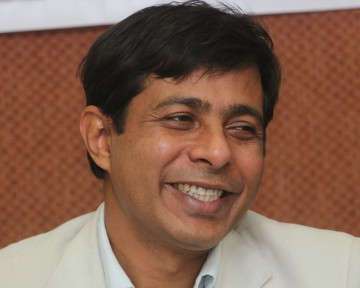
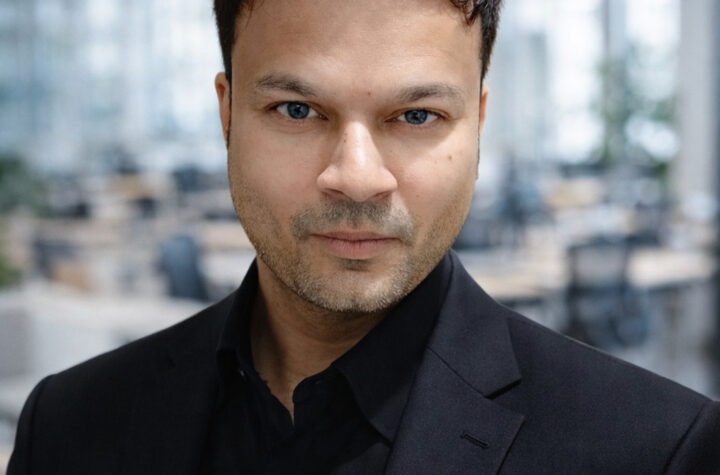
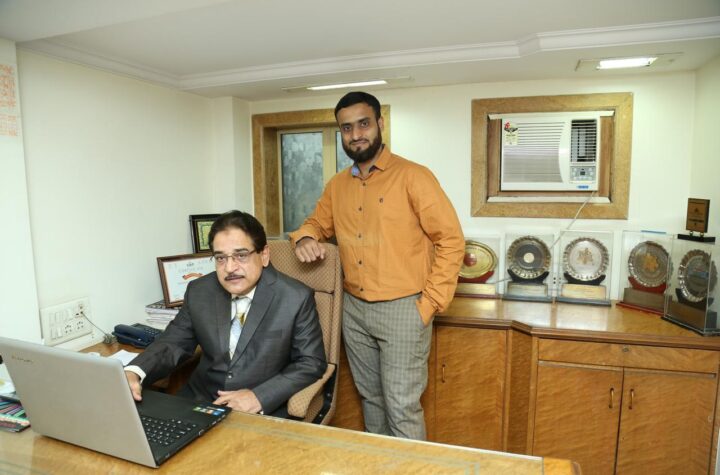
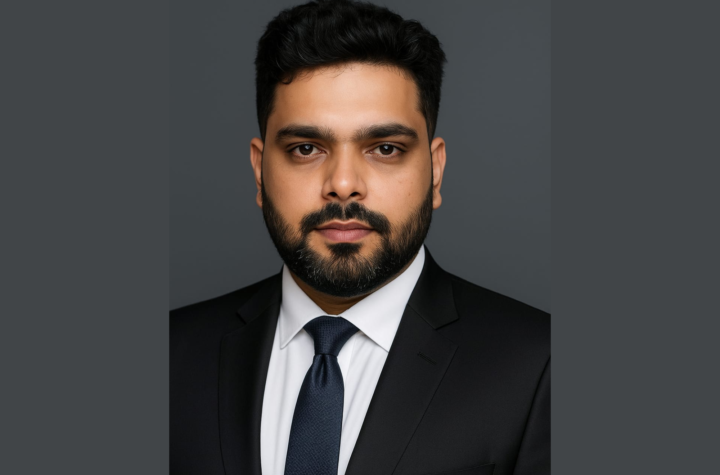
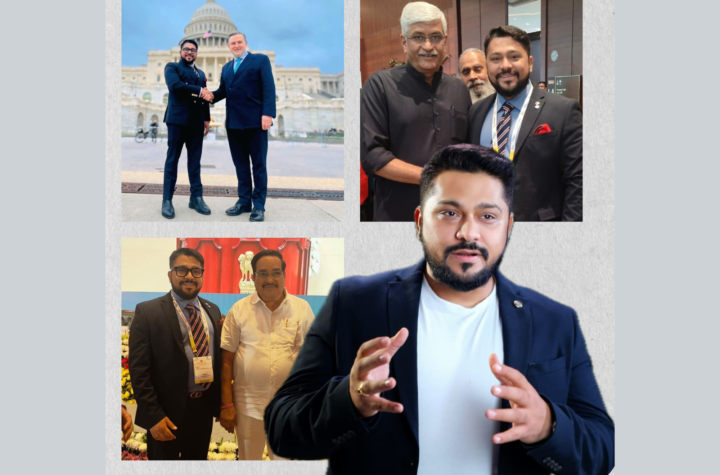
More Stories
7 questions that could help strengthen any marriage, according to a relationship coach
Are AI-generated recipes hard to digest?
Optimising Your Yoga Experience: A Pre- and Post-Nourishment Guide